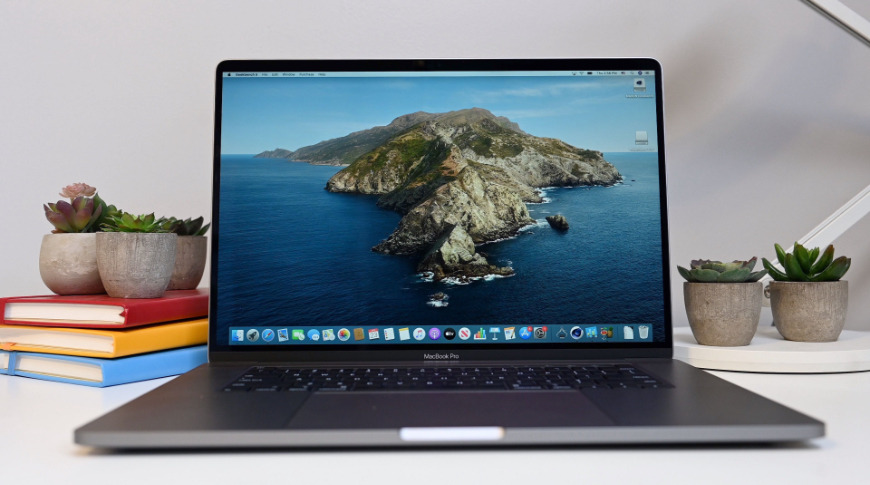No more Made in China Apple product in the future? Apple has moved some AirPods Pro manufacturing from China to Vietnam Some Apple AirPods Pro cases now say the headphones are assembled in Vietnam, according to a Twitter user, multiple reports on the MacRumors forums, and one Verge staffer who recently purchased a pair, indicating the company may be reducing its reliance on Chinese manufacturing (via MacRumors). Typically, AirPods Pro units contain a message on the back of the case that says the device was assembled in China. Apple famously assembles a large majority of its products in China. But the company has shown interest in, and even made sizable foreign investments toward, diversifying its manufacturing. That’s partly due to the effects of the COVID-19 pandemic as well as the ongoing trade war between the US and China that imposed tariffs on some Apple products and components and put pressure on CEO Tim Cook’s lobbying efforts with the Trump administration. As far back as 2017, Apple began assembling some iPhone models in India, too. In February, for example, Apple issued a rare investor note saying that the worldwide iPhone supply would be “temporarily constrained” as its manufacturing partners in China ramped back up amid the outbreak. Nikkei reported last July that Apple was considering moving some of its manufacturing to Vietnam due to the trade war as well. It’s unclear what percentage of AirPods Pro are manufactured in Vietnam or if Apple plans to make more products in the country. However, The Information reported on Tuesday that it plans to use factories in Vietnam to manufacture a pair of as-of-yet-unannounced over-ear headphones, though Apple is apparently going to manufacture some of the headphones in China as well. theverge.com/2020/5/21/21266574/apple-airpods-pro-vietnam-china-chinese-manufacturing
:extract_cover()/https://meta-storage.neard.com/54b53072540eeeb8f8e9343e71f28176.20200525072203.1590391323.8942.jpeg)

:extract_cover()/https://meta-storage.neard.com/54b53072540eeeb8f8e9343e71f28176.20200526071505.1590477305.1664.jpeg)

